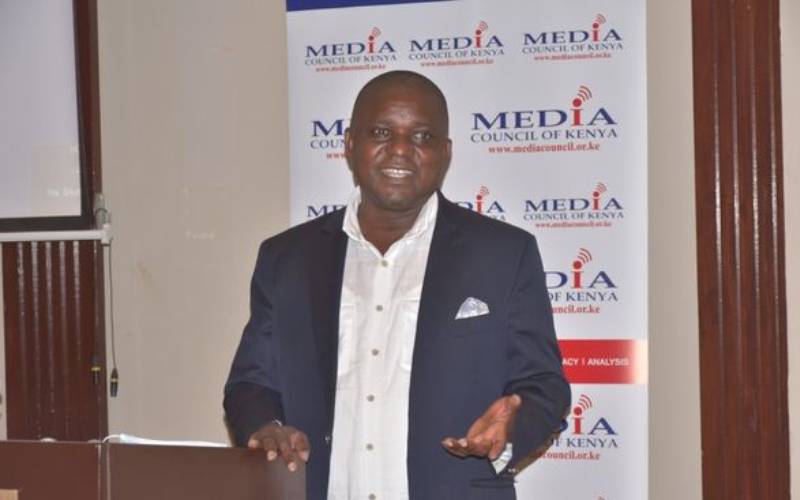×
The Standard e-Paper
Join Thousands Daily

The Media Council of Kenya is working on guidelines on gender reporting as it seeks to empower women participation in the 2022 elections.
Speaking during a virtual media training workshop on gender-sensitive reporting organised by Plan International and the Ellen Johnson Sirleaf Presidential Centre for Women and Development, MCK’s Victor Bwire said the initiative is meant to promote the participation of women in the polls.